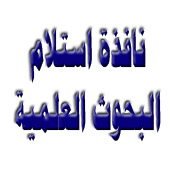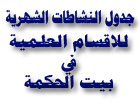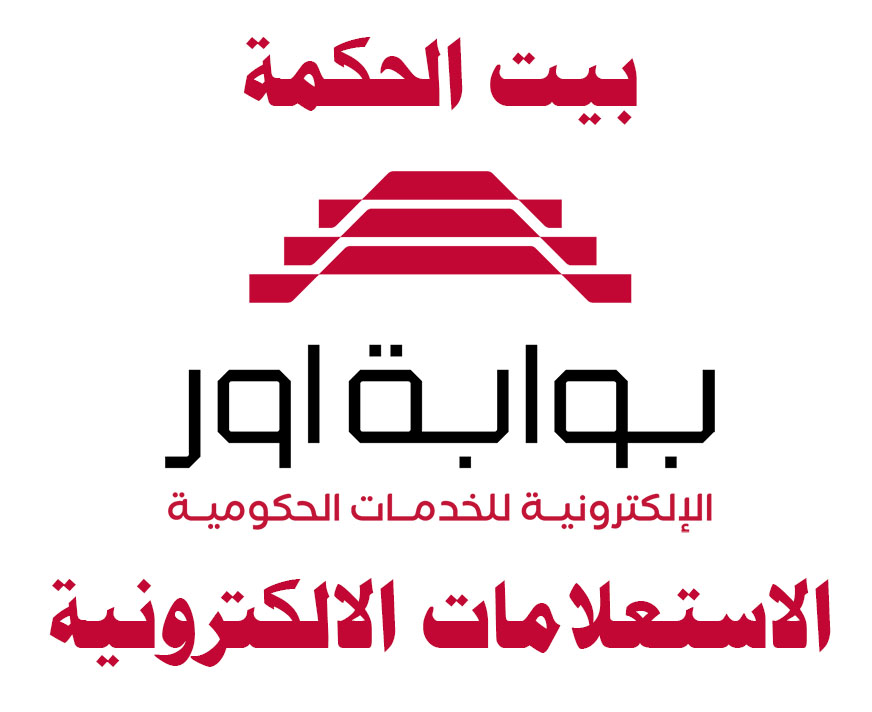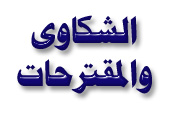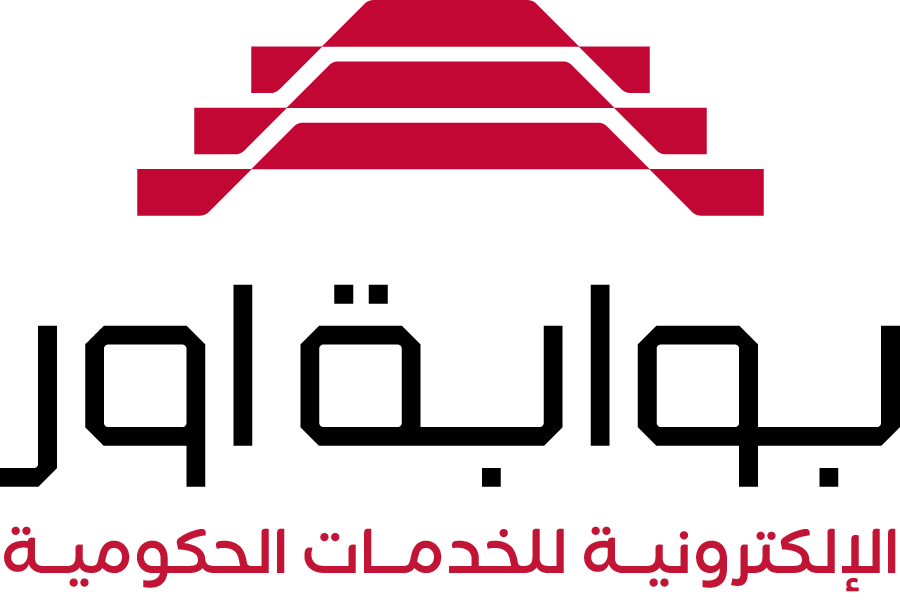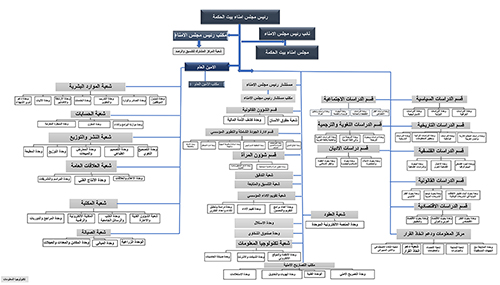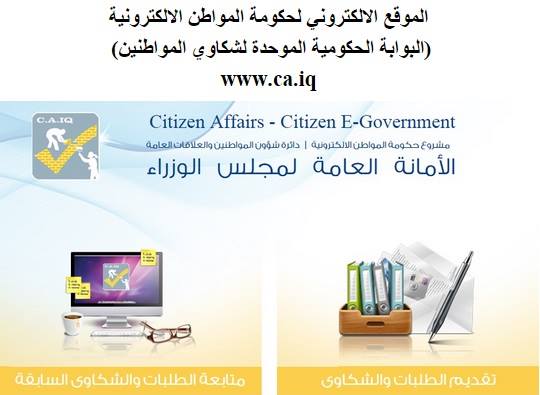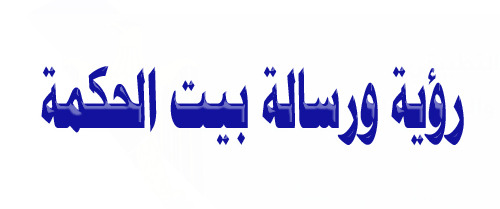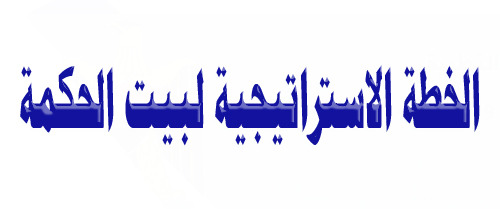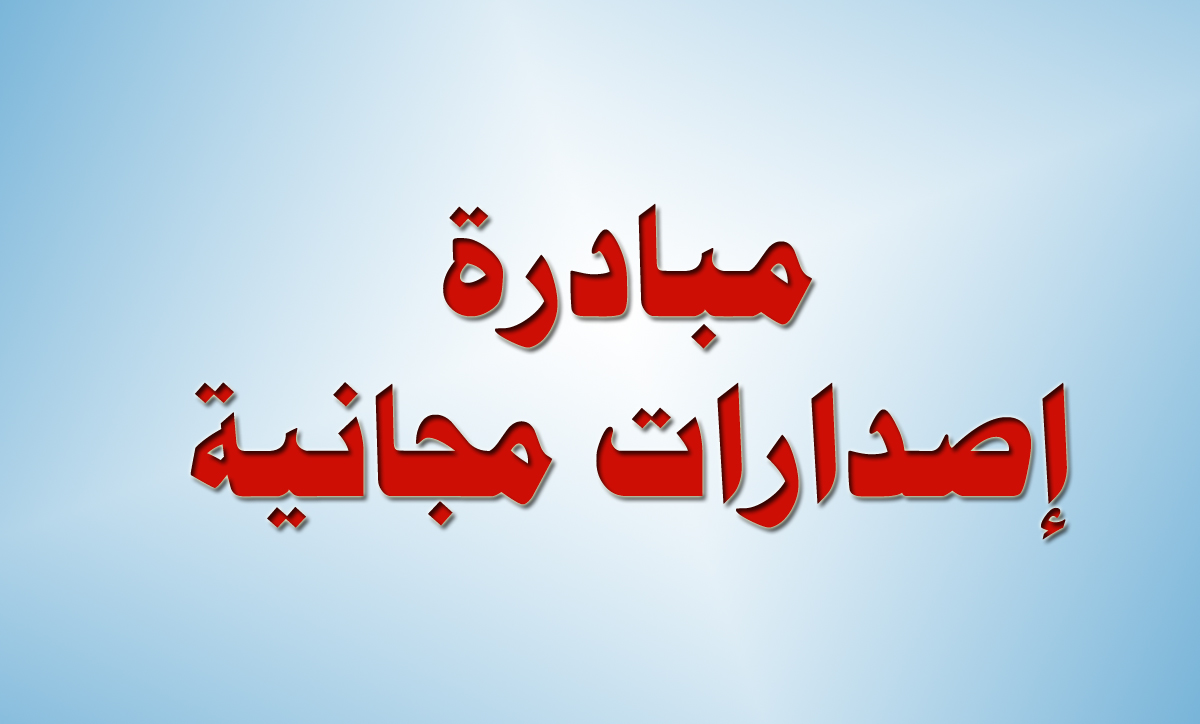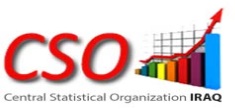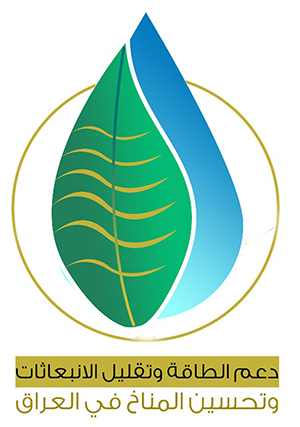News Details
Diplomacy, defense and future management
04-01-2021
.jpg)
In the name of of Allah the Merciful
Department of Political and Strategic Studies in the House of Wisdom in cooperation
With the Studies and Research Center at the Defense University for Military Studies
Brief research by Prof. Dr. Mahmoud Ali Al-Dawood
Supervisor, Department of Political and Strategic Studies
In celebration of the anniversary of the founding of the Iraqi army on January 6, 2021
(Diplomacy, Defense, and Future Management)
Honorable President of the Defense University for Military Studies
Honorable Director of the Center for Studies and Research at the University
Honorable leaders and cadres
At the outset, I am pleased and honored to extend my sincere thanks and gratitude to the Presidency of the Defense University for Military Studies and to the Director of the Center for Studies and Research at the university for the kind invitation to contribute to the revival of this fragrant memory of the founding of the brave Iraqi army. This is the third year that I have the honor to contribute to this happy occasion, which represents a national and holiday and always reminds us of the honorable role that the Iraqi armed forces played in defending Arab national security and building Arab armies in many Arab countries and forming military colleges and staff colleges. Throughout the contemporary history of Iraq, our military institutes have embraced significant numbers of Arab military cadres within the framework of consolidating joint Arab military cooperation. I seize this happy opportunity to extend warm congratulations to our valiant army and its role in building the modern Iraqi state.
In my diplomatic and academic life, I was not far from interest in the Iraqi military issue and the development of the armed forces ’building and their national national role. During my postgraduate studies at the University of London - and more than six decades ago and my major in international history, military history was among the obligations of my studies and I was keen to attend lectures at The Institute for Military History at the University of London at the hands of Professor Michael Howard, one of the leaders of the Italian front in World War II.
After my return to the homeland in 1957, I was hosted by the Iraqi Staff College, and for a long time I received a generous invitation to give lectures and sometimes attend discussions about the college’s programs from an academic point of view in addition to scientific contributions with the War and Defense Colleges at Al-Bakr University for Higher Military Studies and I have supervised many important strategic studies including This includes studies on Arab military cooperation and relations with neighboring countries.
During the period 1958-1977 I held leadership positions in the Ministry of Foreign Affairs and was in contact with military studies to discuss issues of common interest. Through my attending summits, conferences of Arab heads of government and conferences of foreign ministers, I was familiar with national security concerns.
In 1964, I was Director General of the Arab Department at the Foreign Ministry, proposing the establishment of an Arab naval force in the Arab Gulf region with the approaching withdrawal of Britain from the Gulf. This proposal was transferred to the Arab League and was documented in the fourth issue of the Military Encyclopedia after deliberation with the late Major General Abdul Qadir Hussein Assistant Chief of Staff of the Army. In that same year, the Iraqi government made an official proposal to establish a joint Arab project for the development of the poor Emirates at that time in the Arabian Gulf. The Arab summit conference held in Alexandria approved the project that Iraq, Saudi Arabia and Kuwait adopted and were honored to represent Iraq in this project. The Emirati newspaper, Al Khaleej, was published in July 2004, in 15 issues and one full page in each issue, publishing secret British documents about this national project, in which Iraq was the main engine. These notes included the reports of British ambassadors and political agents in the Gulf and the documents of the British Accreditation House in Bahrain, which were monitoring Iraqi activity in the region, which were collected. The entry of Iraq into the region as a matter of development and the Arab League will positively affect the national consciousness of the UAE and accelerate the British withdrawal. It will also bring the Arab countries in the Gulf closer to their freedom and independence, and through my work in the United Nations, the Arab League and in Iraqi embassies, to the honor of serving in them as an ambassador or charge d'affaires to follow up affairs Both diplomacy and security, and close cooperation with the Salt Department The Iraqi military s and continuous consultations in everything that would consolidate the regional and international center of Iraq and the safety of its external security.
I convey the greetings and wishes of Profess Dr. Ihsan Al-Amin, Chairman of the Board of Trustees of the House of Wisdom, to you on this happy occasion. We also remember with gratitude the role of the heroic armed forces and in cooperation with the popular crowd in liberating Mosul in a historical epic whose details must be studied with pride in the Iraqi military institutes and we cannot forget the righteous martyrs and their role in maintaining the sovereignty and security of Iraq. and a sincere greeting to the leaders and retired officers, and I have no doubt at all that the political and military leadership does not forget their remarkable contribution to their honorable role in defending the dear homeland.
The Iraqi people, who are looking forward to a free, dignified, and prosperous life and as compensation for the many missed opportunities that successive governments have not been able to take advantage of, are looking forward to a new role for the military establishment in the serious contribution to solidifying national unity and strengthening the national identity and the values of sacrifice and redemption on which the brave Iraqi army was raised since its establishment before A hundred years. And like the rest of the armies in the developed countries of the world, his job goes beyond being a wall of the homeland to support development projects and benefit from the positive factors in the military legacy by seriously contributing to building the new Iraq on the basis of justice and equal opportunities and taking the factors of scientific and technological progress.
More News


.jpg)

